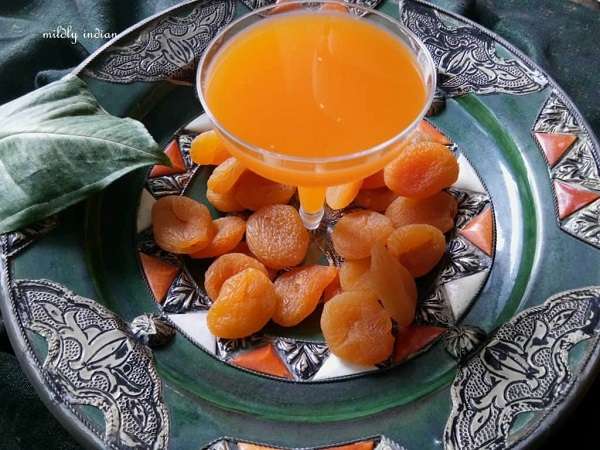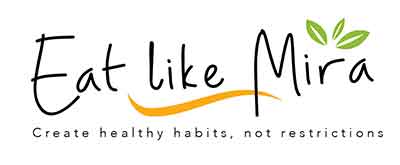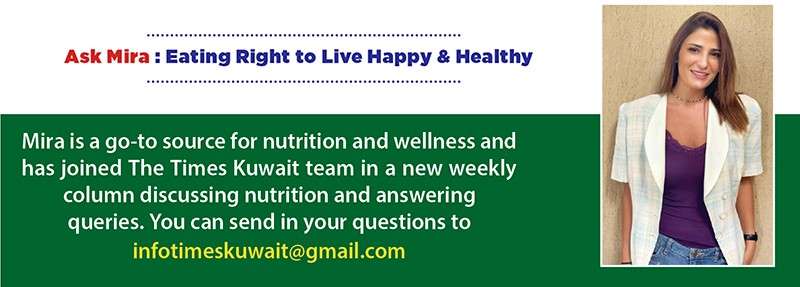Ask Mira : Eating Right to Live Happy & Healthy
I am not a big fan of amar al-deen, or dried apricot sheet, but since a lot of people love to eat this during Ramadan specifically, I thought of sharing some nutritional information about it.
Amar Al-Deen, or what we call the dry apricot sheets originally come from Syria, and usually dried apricots carry a much higher concentration level of nutrients than any other forms. Almost 10 kilos of fresh apricots produce three kilos of dried apricots.
They are a great source of beta carotene, which gives plants their orange color just like carrots, sweet potatoes, and cantaloupe, and which acts as an antioxidant for the body, and prevents all sorts of diseases.

Apricots are also rich in lycopene, an antioxidant that helps prevent male infertility, osteoporosis, skin cancer, eye disease, prostate, breast and endometrial cancers.
In addition, they also provide the body with many essential vitamins and minerals like potassium, iron, calcium, phosphorus, and vitamin C.
Amar Al-deen is a great food to have during Ramadan to compensate for all the loss of the essential nutrients caused by the long fasting hours. It also aids in the digestive process, and is known to digest food better if you take some before your meal. In addition, it is a natural treatment for constipation due to its high cellulose and pectin content.
Three dried apricots contain 65 calories. My Advice is to stay away from the juice form, as it is high in calories and sugar.



















